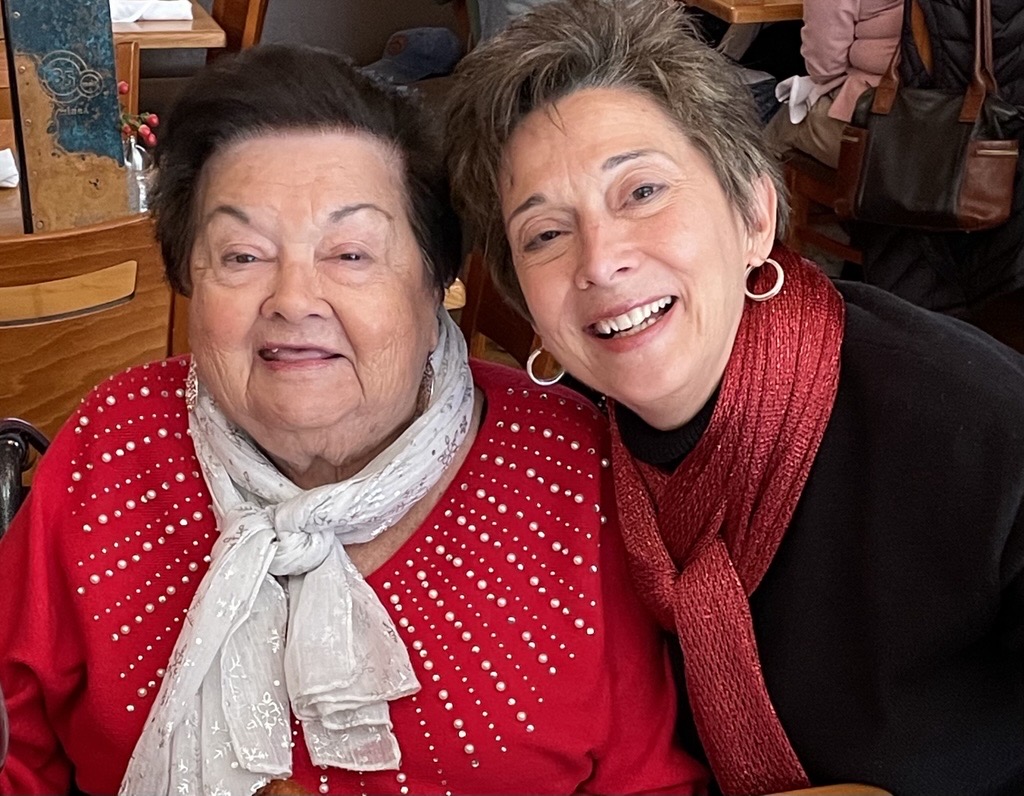
Caring for a Child with Disabilities? Here are Your Financial Assistance Options
 When your child has disabilities that require 24/7 care, caring for them at home might be the option that best suits their needs, with the added benefit of keeping them close to you every day. But home care also comes with emotional and financial obstacles that can lead to caregiver burnout or make caring for your son or daughter at home infeasible, as much as you would like to keep them there.
Fortunately, you may qualify for government financial support. What this might look like depends on a host of factors, such as where you live, your child’s specific condition and your income to name a few.
When your child has disabilities that require 24/7 care, caring for them at home might be the option that best suits their needs, with the added benefit of keeping them close to you every day. But home care also comes with emotional and financial obstacles that can lead to caregiver burnout or make caring for your son or daughter at home infeasible, as much as you would like to keep them there.
Fortunately, you may qualify for government financial support. What this might look like depends on a host of factors, such as where you live, your child’s specific condition and your income to name a few.
To receive financial compensation that helps to cover caregiving costs, all caregivers must go through processes to assess the level of daily living assistance their child requires, as well as their eligibility for home health services. For instance, a caregiver who cares for a minor will have different financial resources available to them than a caregiver for an adult son or daughter.
Read on to learn about resources to obtain the financial support you need to keep focusing on your child’s health and well-being well into the future.


